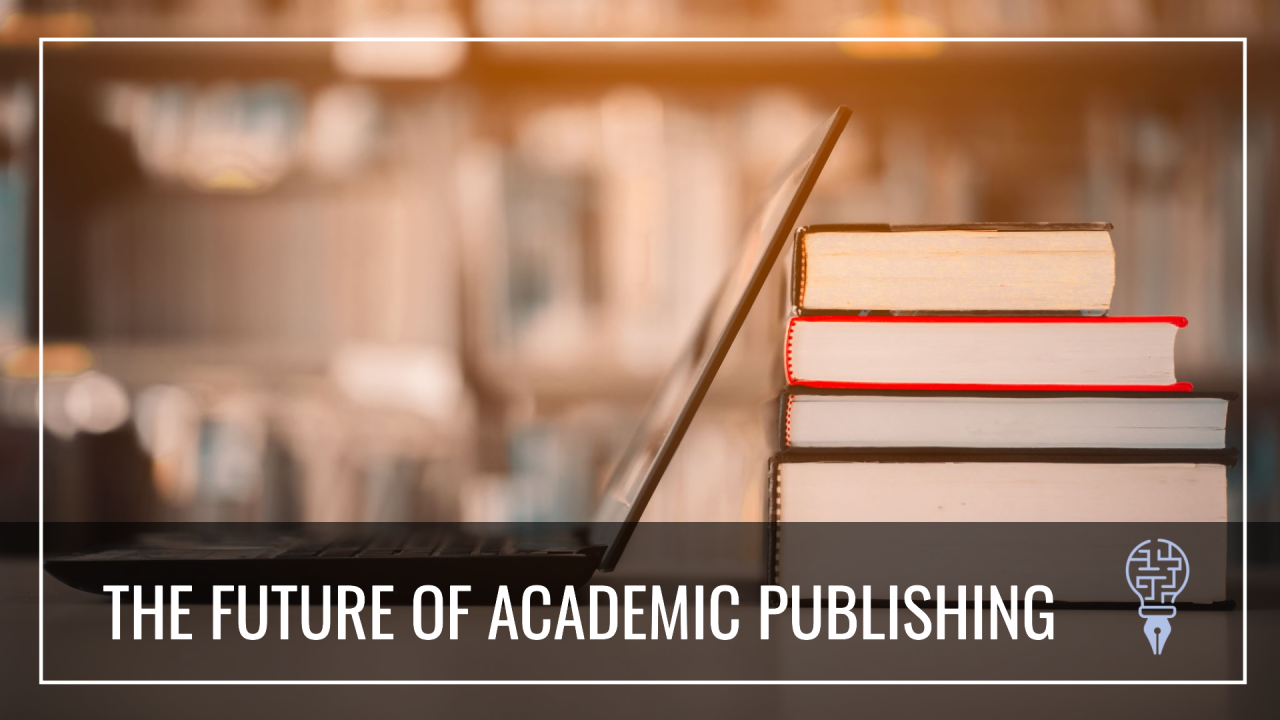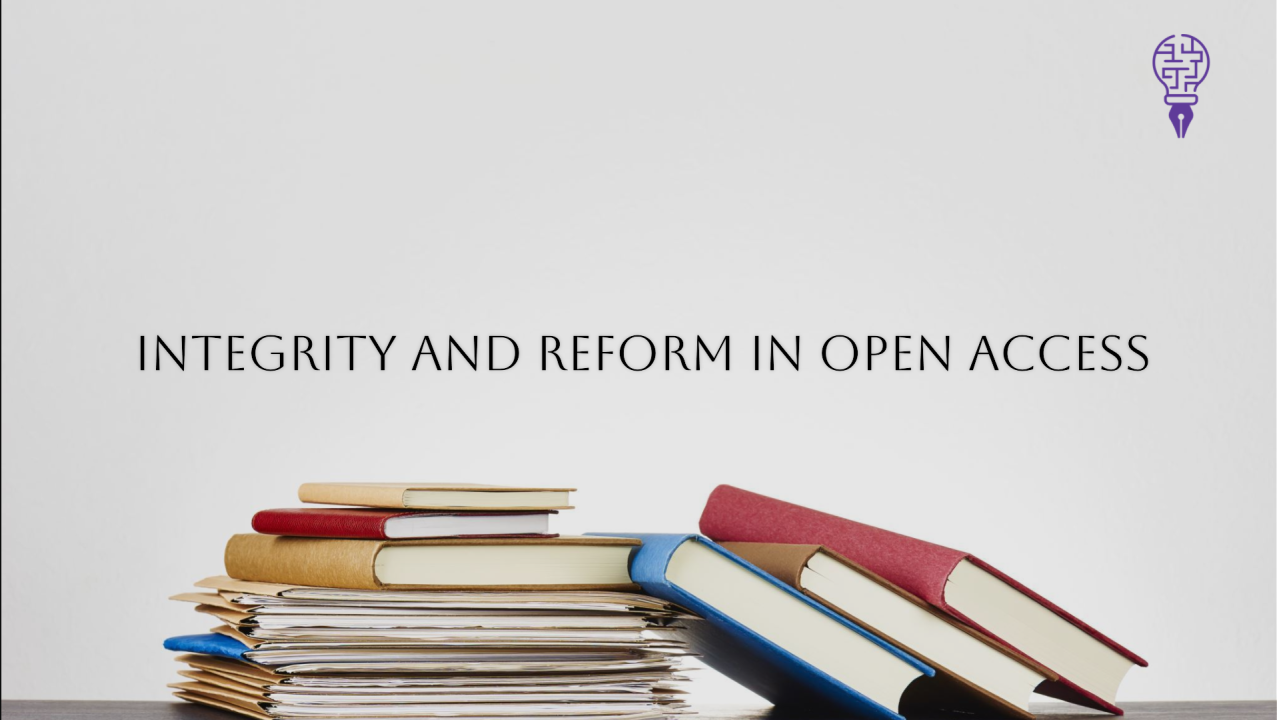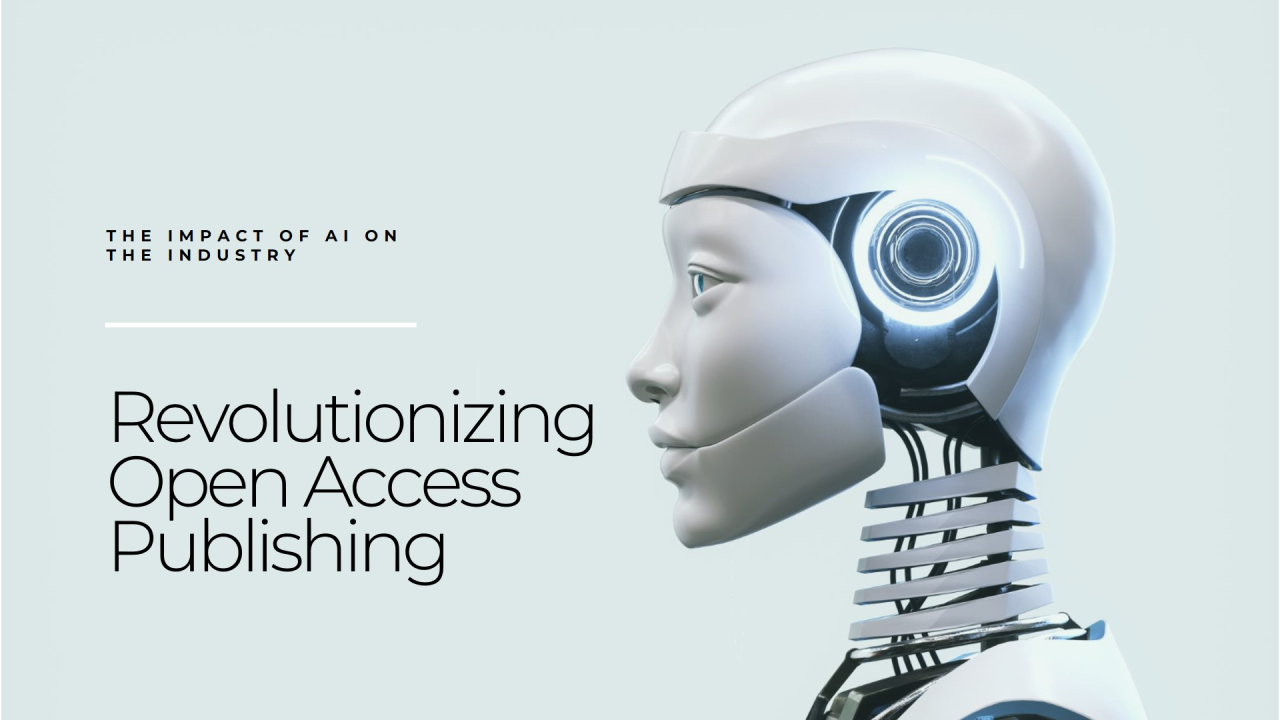CURRENT ISSUE
No Current Issue
Future Skills, Workforce Development, and Lifelong Learning
Future Skills, Workforce Development, and Lifelong Learning
Overview
As global industries evolve with rapid technological advancements, education must prepare learners with the skills, adaptability, and mindset required for the future workforce. Traditional education models are shifting towards lifelong learning, industry-academic collaborations, and skills-based education to ensure students are workforce-ready.
This category explores 21st-century skills, vocational training, workforce-aligned curricula, micro-credentialing, and lifelong learning ecosystems that support career advancement and continuous professional development.
Key Areas of Focus
1. 21st-Century Skills and Workforce Readiness
Employers increasingly seek candidates with critical thinking, problem-solving, collaboration, and digital literacy skills. These competencies, alongside technical expertise and adaptability, define workforce readiness.
Key Topics:
- Defining essential 21st-century skills for employability
- The role of education in fostering problem-solving and innovation
- Digital literacy and its growing importance in modern careers
- Soft skills vs. technical skills: Finding the right balance in education
Research Implications:
- The effectiveness of skill-based education in preparing students for the workforce
- Case studies on universities integrating 21st-century skills in their curricula
- Industry perspectives on essential future job competencies
2. Industry-Academia Collaboration for Skill Development
Collaboration between educational institutions and industries helps bridge the skills gap by aligning academic programs with real-world job market demands. These partnerships ensure students gain practical experience and employable skills.
Key Topics:
- The role of industry-academic collaborations in workforce development
- Internship and apprenticeship programs as pathways to employment
- The impact of project-based learning on industry readiness
- Government policies promoting education-industry partnerships
Research Implications:
- Evaluating the success of industry-aligned education programs
- The impact of apprenticeships and work-integrated learning on career progression
- Case studies on effective collaboration models between businesses and universities
3. Vocational Training, Technical Education, and Upskilling
Vocational education plays a vital role in equipping students with hands-on, technical expertise in fields such as engineering, healthcare, IT, and skilled trades. With the rise of automation and AI, upskilling and reskilling have become essential.
Key Topics:
- The evolution of vocational and technical education in the digital era
- Upskilling and reskilling programs for career advancement
- The impact of automation on job roles and the need for skill adaptation
- Comparing traditional vs. tech-driven vocational training approaches
Research Implications:
- The role of vocational training in reducing unemployment rates
- Best practices for integrating technology into technical education
- The effectiveness of micro-credentialing for workforce development
4. Micro-Credentials, Digital Badges, and Alternative Certifications
Traditional degree programs are being supplemented (or replaced) by micro-credentials and digital badges, allowing learners to acquire specialized, verifiable skills through short-term courses.
Key Topics:
- The growing acceptance of micro-credentials in the job market
- Digital badges and their role in continuous learning pathways
- Industry-recognized alternative certification models
- Blockchain-based credentialing for academic verification
Research Implications:
- The impact of micro-credentials on career growth and job placement
- Employers' perspectives on digital certification vs. traditional degrees
- The future of higher education in a micro-credential-driven learning landscape
5. Lifelong Learning, Continuous Education, and Career Growth
The concept of lifelong learning is gaining traction as individuals seek continuous professional development to remain relevant in their careers. Online education, corporate training, and executive learning programs play a critical role in career progression.
Key Topics:
- The shift from degree-based to lifelong, skills-based education
- The role of EdTech in supporting lifelong learning and self-paced education
- Online platforms and MOOCs as tools for continuous professional development
- Policies and incentives for lifelong learning in corporate environments
Research Implications:
- The effectiveness of lifelong learning programs in career mobility
- Comparative studies on traditional education vs. ongoing upskilling models
- The role of self-directed learning in future workforce readiness
The Future Skills, Workforce Development, and Lifelong Learning category highlights the changing landscape of education and employment. As industries evolve, skills-based education, vocational training, and lifelong learning pathways become essential for professional success.
By integrating micro-credentialing, industry-academic collaborations, and adaptive learning models, education can bridge the skills gap and create future-ready professionals. Research in this area plays a vital role in ensuring education systems align with global workforce needs.















